Marinating on Maintaining Morale

At a conference a few weeks ago I was asked a question about who within the organization is responsible for maintaining morale.
My answer?
“It’s complicated, next question.” HA!
Though my response above was offered jokingly, my response was also very serious, and we spent some time exploring the many facets of morale, who contributes to morale, and how.
Let’s break down “who” owns the responsibility of maintaining morale now that I’ve marinated on in a bit more. I’ll share some thoughts on three groups within organizations and “how” and “what” they can message to maintain morale. The three groups: Top-Down, Middle-to-Middle, and Bottom-Up.
TOP-DOWN
Leaders and executives must celebrate the infrequent wins, reiterate the global view of progress, and provide clarity on the end goal and process. As you move through change, disruption, or a major new initiative, sometimes you can celebrate in the short term, as the outcomes or outputs of the process might be far out on the horizon.
Top-Down approaches need to share the global landscape of how things are improving or will become dramatically better in a scale of time that Bottom-Up viewers often can’t perceive as meaningful progress because their noses are down to the grindstone of day-to-day tasks directly present the state of things.
Hold Firm To:
“We are doing the right things today to reach the desired future state (or avoid a future of calamity!) of tomorrow.” That desired future state might be a year or two away and holding firm to long-term goals is where executives must put their energy.
Even if minor adaptation is expected and often required along the way the end goal should be established and communicated with consistency, clarity, and frequency. Over-communication is way better than under-communication.
Make Sure To:
Show employees with their heads down in the day-to-day Bottom-Up roles how their efforts fit into the global vision and process. Be sure you know and they know where they fit in. Show empathy for the pain in the present and the grit to hold firm to the vision. Also, set celebratory milestones and go BIG when you’ve hit the end goal. Don’t just move on to the next project.
MIDDLE-TO-MIDDLE
Get clarity from the TOP-DOWN team so you can commit firmly to the vision. Celebrate the wins that are some combination of smaller and regular wins from sharing up (see below), sharing down bigger and often less-frequent wins, and sharing side-to-side amongst your colleagues.
Hold Firm To:
Supporting your people through the challenges linked to morale that you can influence like work-life balance, employee growth, fairness, inclusivity, and culture. Shut down the naysayers!
The naysayers cannot control the message especially when linked to change – some people just hate change. Build up the yay-sayers (I made a new word!) who understand the desired future state and who can celebrate the wins and drown out the Dougie and Debbie Downers.
Make Sure To:
Ferret out the wins from your colleagues in the middle and also your front-line teams. Make sure you celebrate the wins (big and small) frequently. There are plenty of reasons work is understandably hard. Hard work also has the opportunity to be fulfilling work connected to purpose and values.
Hard work is not the same as a toxic culture and impossible workloads. Be sure you know the difference. Try this survey if you’re not sure.

BOTTOM-UP
Celebrate the smaller, more regular wins and share them up to be messaged more broadly. Celebrate employee awards, completing projects, and client success stories.
Honor that progress often moves like cold molasses and the vision from the top and changes being made at the top will not always move as fast as you like – often because it just can’t. Also, honor that you don’t know what you don’t know and start from a place of trusting the best intentions of those above you.
Hold Firm To:
Honor that work is hard. And it’s ok. Stay connected to your purpose in the work you do and the people you work alongside. Relationships matter! Also, honor that you don’t know what you don’t know and start from a place of trusting the best intentions of those above you instead of jumping to ill-formed conclusions.
Make Sure To:
Celebrate those sticky, non-linear successes that have come from finding the solution amidst other failed attempts. These “sticky” moments can be an organizational reorganization, implementing new technologies, or a new program having an impact. Celebrate also when a program or project is now richer and more effective because the results are more important than the status quo.
A FEW FINAL THOUGHTS
#1 When I’m working with groups I often mention Denmark and their unique approaches to work. One of the things I often share about Denmark is that they have an incredible policy for people going on unemployment. In Denmark, if the job you are in doesn’t work, because of the actual job itself or the people you work with are the wrong fit you can move on – and easily.
Up-skilling through education or finding another workplace takes time and doing that without the financial worries is liberating. In the U.S. we don’t offer this same motility. We get stuck in a role because our system doesn’t make it as easy for us as in other places.
Whatever the reason, we still have a choice, but that people don’t leave a workplace they don’t like isn’t really good for either the worker or the workplace. Sometimes we can complain idly about things that really, we should be celebrating because if I workplace is pretty darn good – it’s good enough – even while we work to improve the overall conditions.
#2 For better or for worse, I’ve worked in many different workplaces over time and so I have context from the nonprofit, public sector, and the private sector. Some leaders and teams I’ve worked under and alongside I would have run through brick walls for…and some….well…I would have scaled a brick wall with barbed wire at the time to get away from the situation.
If you’re in the latter category your work is likely impacting you significantly and we carry those impacts with us in our lives away from work. Don’t underestimate the impact of slogging through a toxic environment.
If you’re curious about where your morale is leaning and want to make some of the hard parts of work easier try this organizational climate survey and explore what actions can be taken to improve morale. Here’s the link again.





